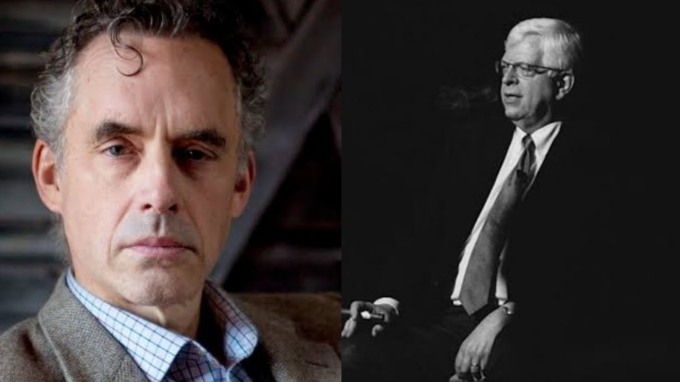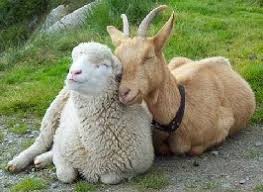
With the popularity and unpopularity of Jordan Peterson almost constantly in the news, his ideas are certainly worthy of discussion. Fan or foe, he does speak to rouse discussion on many fronts. And thankfully he straddles the line between science and philosophy. As a clinical psychologist with many years of dealing with the ugliness that goes on in the minds of people, he has seen first hand the destruction we do to one another and to ourselves. He has taken what he has observed in his practice, to lay out what he sees are the fundamental issues troubling mankind. (Well, not really all of mankind because only those nations rich enough to be troubled of their own identity have the luxury of challenging their identity. Mankind in less than luxurious circumstances can’t be bothered with such ethereal pondering when they don’t know where their next meal is coming from.)
I must say at the outset, I have not read Peterson’s book, 12 Rules for Life. Interesting though it may be, my “to read” shelf is not bearing up well under the weight of the books I already have placed there. But having read it or not, doesn’t really matter for what I want to discuss. I watched a video of his interview with Dennis Prager to hear what he had to say about people asking him if he believed in God. His comments were fascinating. “Who would have the audacity to claim to believe in God?” To make such a claim “means you have to live it out fully” which is an “unbearable task”. He says in a nutshell, “unless you act it out you better be careful about claiming it”. His bottom line is to say “I try to act as if God exists.”
In view of his comments, it is obvious that he is caught up in the notion of having to earn ones salvation, that we have to behave properly before we can be saved. He doesn’t say this explicitly, but it is there, I believe. In the inimitable words of Frank Valli “So close…so close and yet so far.” While Peterson is close to the truth in that we don’t have a right in our own work or power to claim to believe in the Creator of the Universe, we do have an advocate who claims it for us. So he is right…but then wrong. It is unbearable for any human being but then Christ was not just any human being. It is audacious but our boldness resides in Christ who endured the cross for our sake. And by him we can boldly claim it, because Jesus “acted it out”. As followers of Christ we have entry into the presence of God and can be audaciously and vociferously confident to call ourselves Christians.
But then there are those…who say that we ought to deny our Christian title. Why? One reason I heard argues by putting labels on ourselves we define our differences as way of pigeon-holing people. On the surface, yes, we want unity of people. God does not want chaos but peace and orderliness. At all costs? No…only at the cost of the blood of Jesus. Apparently defining ourselves as Christians shuts down meaningful dialog. Really?Labels don’t shut down dialog, people do and we often do it aggressively. Why? Selfishness, pride, greed, uncertainty, powerlessness, jealousy…you name it and we have a reason to justify it. Jesus tells us there are sheep and there are goats that will one day be judged according to their status (Matthew 25). The lack of ability to discuss issues civilly, winsomely, and intelligently is not a factor of what we claim to be, but a factor of what our self-centered, hyper-sensitized, and overly indignant ideological minds claim to be true–apologies to Shakespeare, we are “hoisted by our own” wretchedness. And where is that status established? Here on earth–right here, right now, we are either sheep or goats, Christians or pagans. Choose this day…


